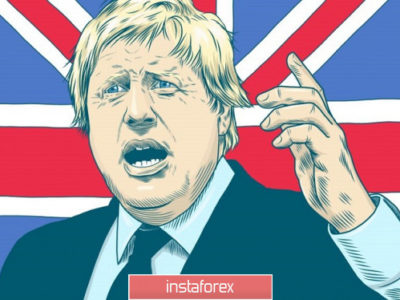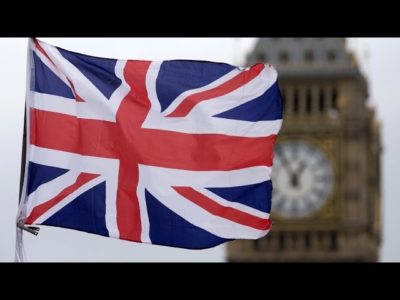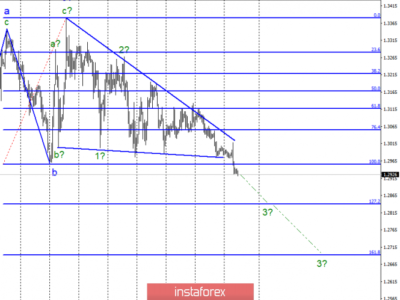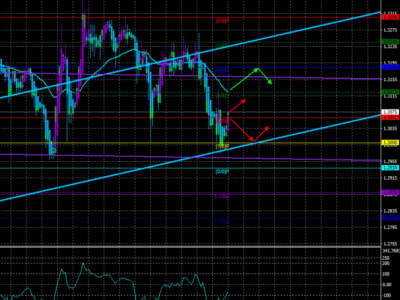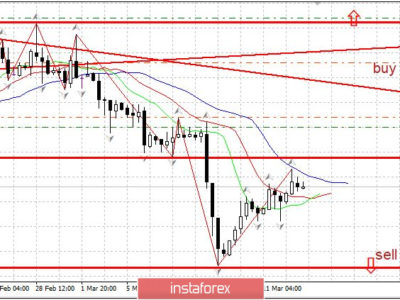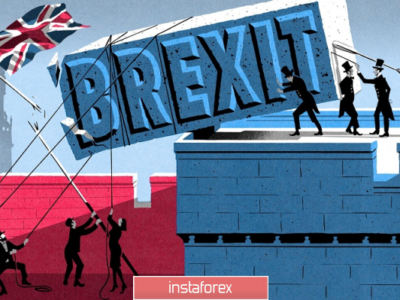Brexit: Evaluating the Truths and Myths
The United Kingdom’s decision to leave the European Union on June 23 sent shockwaves throughout the world and sowed the seeds of an increasingly divided Europe. There’s a saying that “truth is the first casualty of war” and the same slogan can certainly be applied to the months-long political debate surrounding the UK’s place in the EU.[1]
The divisive Brexit debate focused on three key areas: immigration, sovereignty and cost of membership. We explore these three key themes to figure out where the truth might lie.
Immigration
Immigration was easily the most divisive issue on the table. Rather than encourage the freedom of movement across the EU, Vote Leave preferred it if London got to decide both the quantity and makeup of its future migrants.
Prior to the referendum, Prime Minister David Cameron reached an agreement with Brussels that would provide the UK with special status on a number of key issues, chief among them being withholding in-work and child benefits for migrants for four years. This so-called “emergency break” on benefits ultimately wasn’t enough to convince Vote Leave that Cameron was taking the necessary measures to control immigration.
Data from the Office for National Statistics in May showed that total net migration to the United Kingdom was 333,000 in 2015, with around 184,000 people coming from the EU. This figure runs contrary to Vote Leave’s assertion that a quarter million EU migrants come to the EU annually. The government also said that about 1.2 million Britons live in other EU migrants, compared with around 3 million EU migrants in the UK.[2] Clearly, EU mobility was something that Britons valued just as much as other Europeans.
Sovereignty
For Vote Leave, the European Union undermined Britain’s sovereignty on a range of issues that extend far beyond immigration. Over the years, British media have certainly played to the narrative that Brussels has undermined the UK’s sovereignty.
As an island nation, the United Kingdom has always had a “one foot in, one foot out” approach to the 28-member EU.[3] A decision to take two steps out satisfies decades of pent-up Euroscepticism that tends to rear its ugly head every now and again.
The United Kingdom certainly retains more sovereignty after Brexit. Whether this is enough to offset the short-term economic consequences is yet to be seen. The trend across Europe appears to be toward devolution. The UK may not be the last country to vote on the EU question.
Cost of Membership
This one is a lot easier to break down because we actually know how much it costs the United Kingdom to be part of the EU. In 2015, the UK contributed around £12.9 billion to the EU when we factor the automatic rebate of around £4.9 billion. The UK House of Commons estimates this figure will reach £15.7 billion in 2016.[4] Given that EU spending on the UK amounted to £4.4 billion, the UK’s net contribution was actually £8.5 billion.
Vote Leave campaigned hard on the notion that EU membership cost the UK £350 million per week. In their view, this money could be used on other priorities, such as the National Health Service. Not so, says the Treasury. That’s because the rebate is applied before the UK makes its contribution. On the figure in question, the Treasury said the UK’s contribution to the EU in 2014 was equivalent to around £275 million weekly.
The Future
The United Kingdom’s withdrawal from the EU is expected to take several years to materialize. According to new Brexit minister David Davis, London will formally notify Brussels of its intention to leave the EU before the end of the year.[5] By invoking Article 50 of the Lisbon Treaty, the UK has two years to formalize a new trade relationship with the EU.
A definite timetable for negotiations brings some clarity to a complex debate that will rage on for many years. As the economic consequences of Brexit play out, pressure will mount on the Conservative government to negotiate a free trade deal that safeguards British sovereignty and guarantees it easy access to the EU.
[1] Holly Ellyatt (June 20, 2016). “Myth-busting in the Brexit debate.” CNBC.
[2] Holly Ellyatt (June 20, 2016). “Myth-busting in the Brexit debate.” CNBC.
[3] Holly Ellyatt (June 20, 2016). “Myth-busting in the Brexit debate.” CNBC.
[4] House of Commons Library (June 13, 2016). Briefing Paper Number 06091: In brief: UK-EU economic relations.
[5] Pat Leahy (July 15, 2016). “David Davis willing to go hard route in Brexit talks.” The Irish Times.
The post Brexit: Evaluating the Truths and Myths appeared first on Forex.Info.

